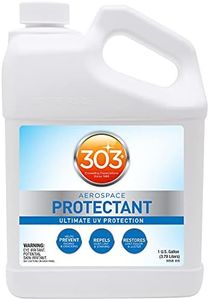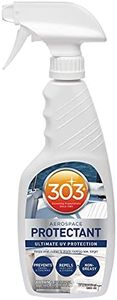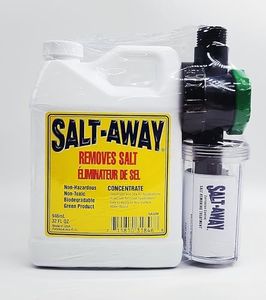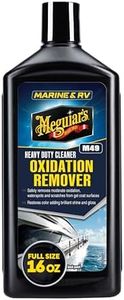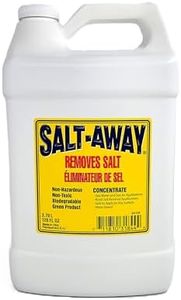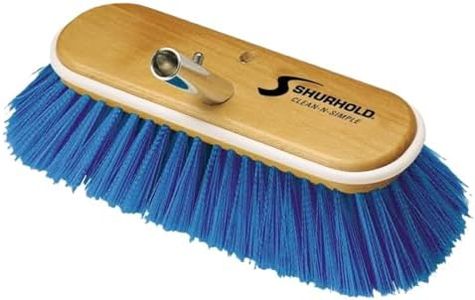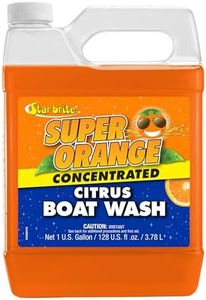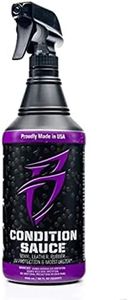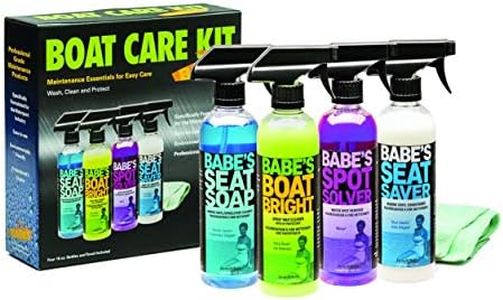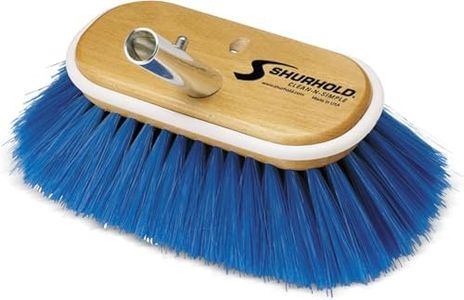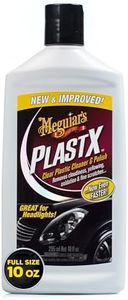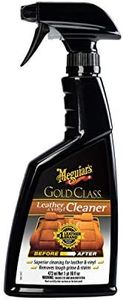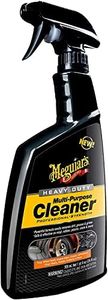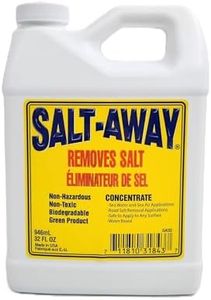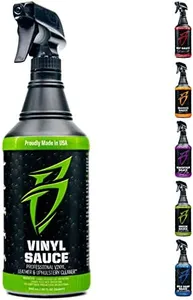We Use CookiesWe use cookies to enhance the security, performance,
functionality and for analytical and promotional activities. By continuing to browse this site you
are agreeing to our privacy policy
10 Best Boat Cleaners
From leading brands and best sellers available on the web.By clicking on a link to a third party's website, log data is shared with that third party.
Buying Guide for the Best Boat Cleaners
When it comes to choosing a boat cleaner, it's important to find a product that effectively removes dirt, stains, and grime without harming your boat’s surfaces or the environment. Different types of boats and materials require different types of cleaners, and your choice should align with your boat’s needs and your regular cleaning habits. Understanding the key specs of boat cleaners can help you select a product that will keep your boat looking great and lasting longer.Surface CompatibilitySurface compatibility refers to whether the cleaner is formulated for use on specific materials such as fiberglass, vinyl, aluminum, gelcoat, or painted surfaces. This is crucial because using the wrong cleaner can cause damage or poor cleaning results. You’ll often find cleaners designed for 'all-purpose' use, as well as those targeted at just one material. If your boat is made primarily of fiberglass, pick a cleaner known to be safe for fiberglass. For boats with a mix of surfaces, consider an all-purpose marine cleaner. Always check what surfaces you have and pick a solution that matches them closely.
Biodegradability and Environmental SafetyBiodegradability refers to how easily a cleaner breaks down in nature without causing damage to waterways or marine life. This is especially important in marine settings, since anything left behind can affect delicate aquatic ecosystems. Cleaners generally range from harsh chemical formulas (which clean very fast but can hurt the environment) to fully biodegradable products (which may need a bit more scrubbing but are much safer for water). If you care about protecting natural water bodies, opt for cleaners labeled as 'biodegradable' or 'environmentally safe.'
Cleaning PowerCleaning power describes how strongly a cleaner removes stains, dirt, mold, mildew, and salt residue. Some cleaners are mild and suitable for regular light maintenance, while others are high-strength for tough, old stains. When selecting a cleaner, think about the typical condition of your boat: if you clean it regularly, a gentle cleaner may be enough. If you tend to let grime build up or need to tackle tough stains, you might want a more powerful formula. Always match the cleaner’s power to the toughest job you expect to face.
Application MethodApplication method refers to how you use the cleaner: spray-on, liquid concentrate, foam, or wipes. Sprays are easy for spot cleaning and quick jobs, concentrates can be mixed for larger tasks or heavier cleaning, foams cling better to vertical surfaces, and wipes are great for convenience or small messes. Consider how much time and effort you want to spend cleaning, and the size of your boat. For full boat cleanings, concentrates or foams might be ideal; for touch-ups or quick jobs, sprays and wipes offer speed and convenience.
Residue and FinishResidue and finish indicates whether the cleaner leaves a film, shine, or protection behind after use. Some cleaners rinse off completely and leave a raw surface, while others provide a glossy finish or a coating that helps repel dirt and water. If you want a shiny or protected surface with less frequent re-cleaning, look for cleaners that offer a finish or protective layer. If you plan to wax or treat your boat separately, opt for a cleaner that leaves no residue.
